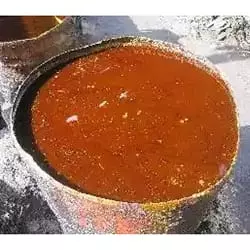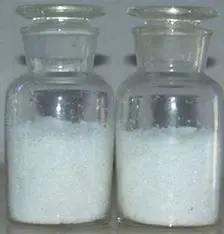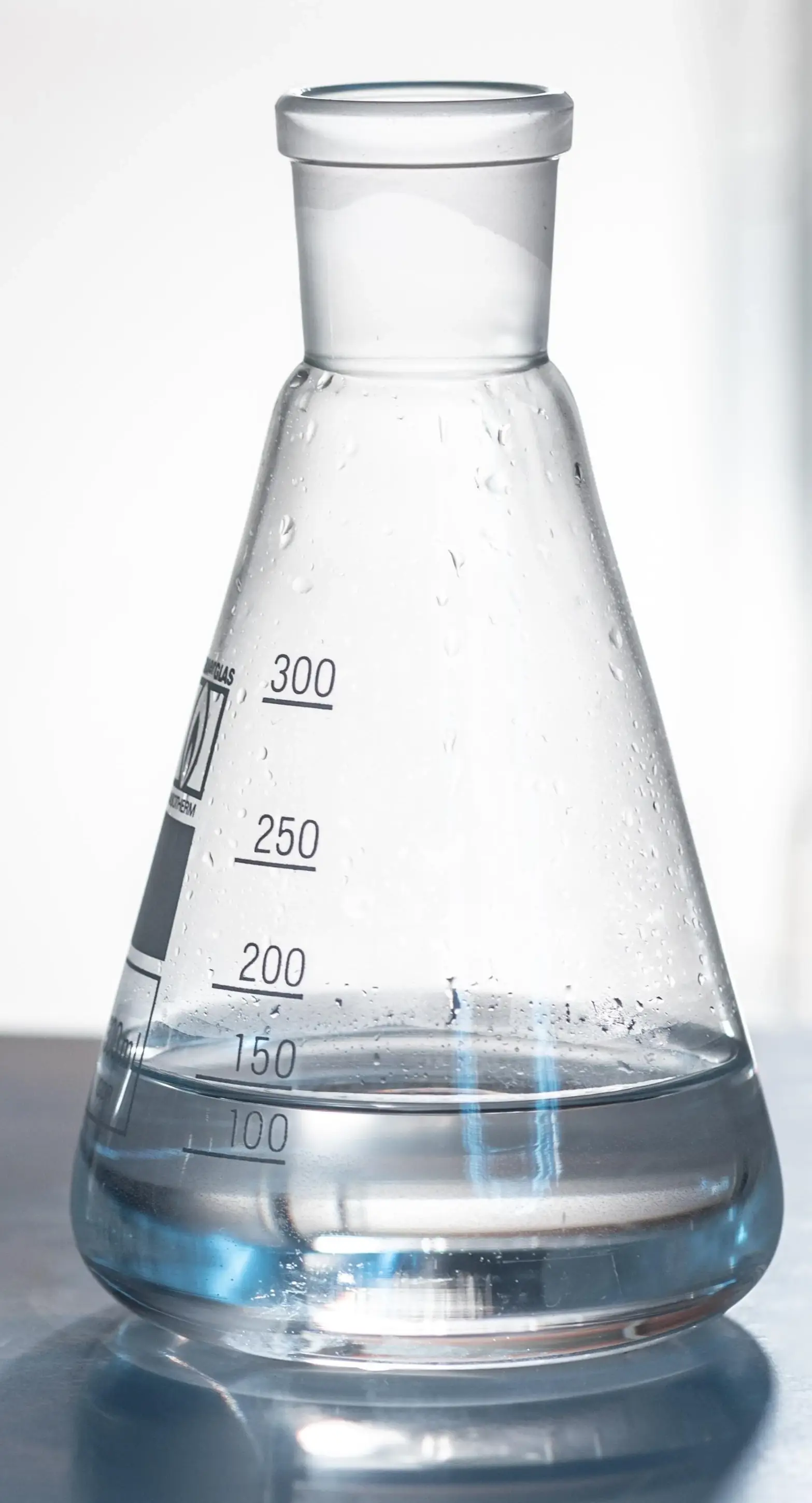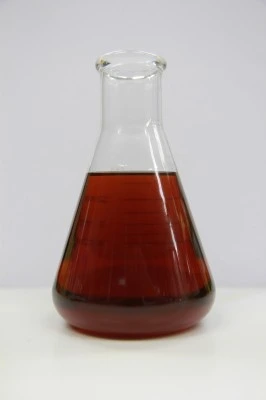Tall Oil Fatty Acid (TOFA)
|
IUPAC Name |
: Fatty acids derived from tall oil |
|
Cas Number |
: 61790-12-3 |
|
HS Code |
: 382313 |
|
Formula |
: - |
Basic Information
|
Appearance Name |
: Pale yellow to amber-colored liquid |
|
Common Names |
: Tall Oil Fatty Acid (TOFA) |
|
Packaging |
: N/A |




